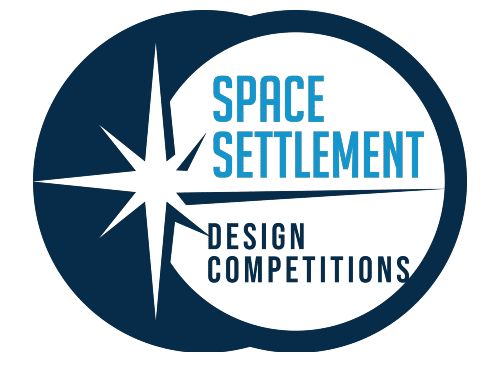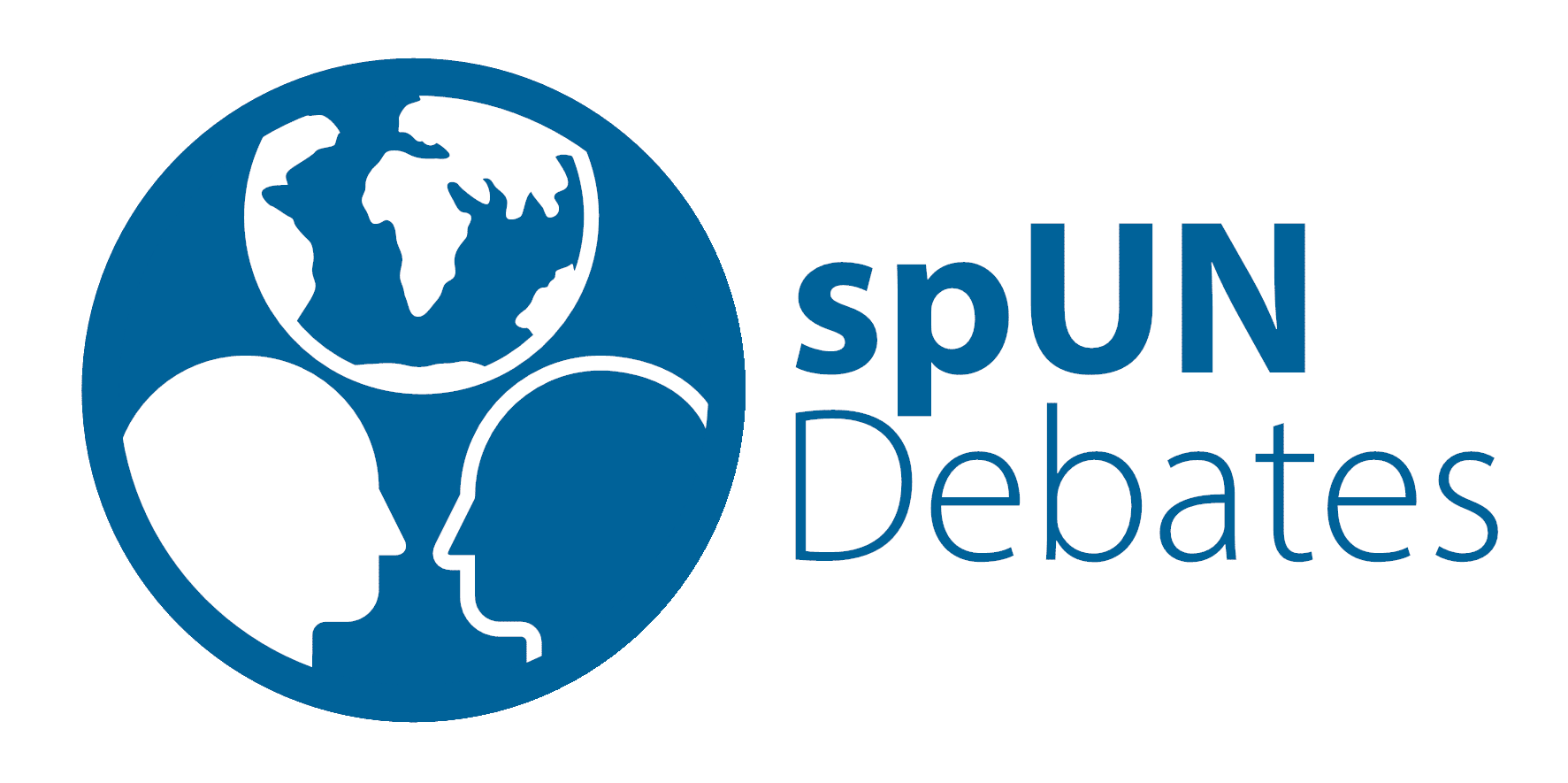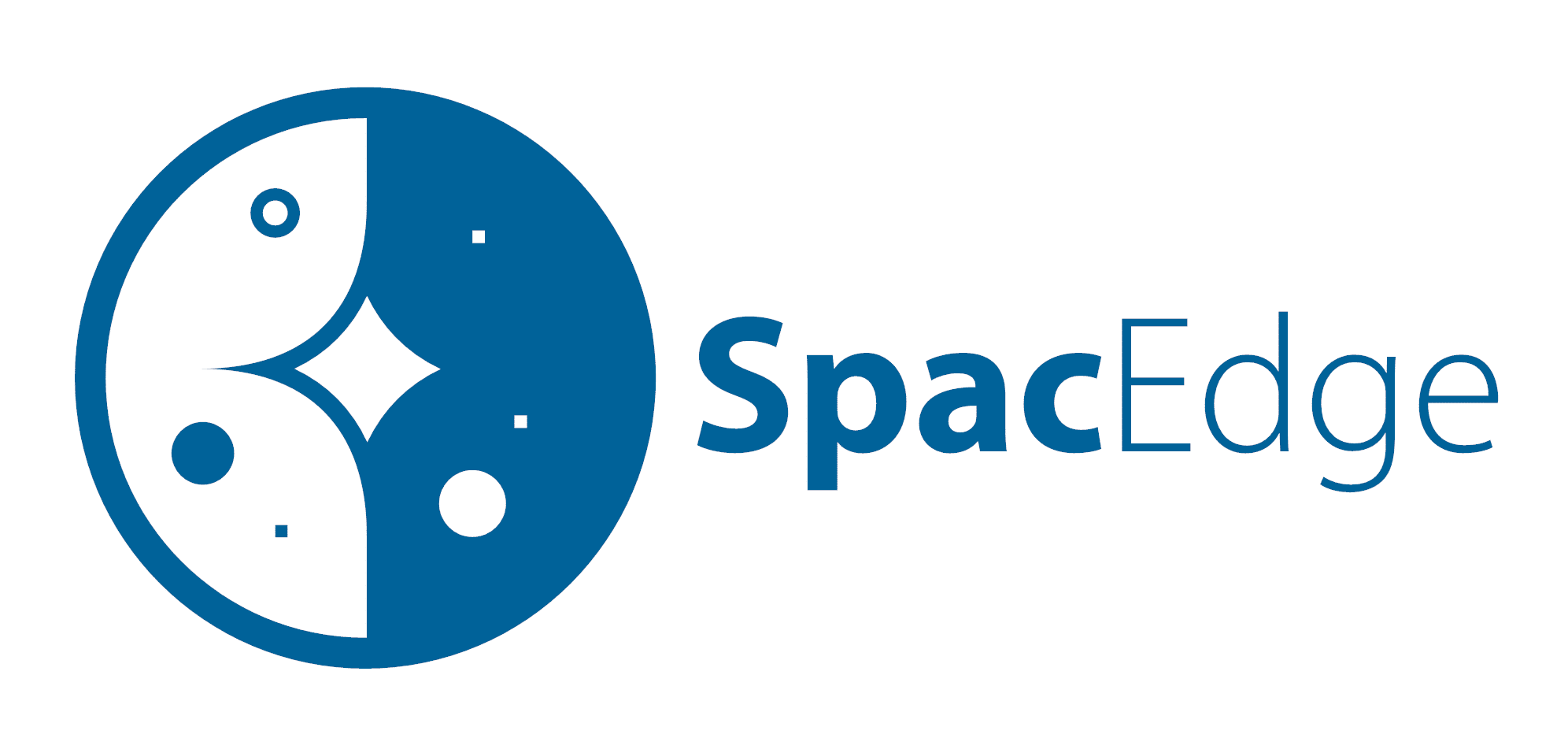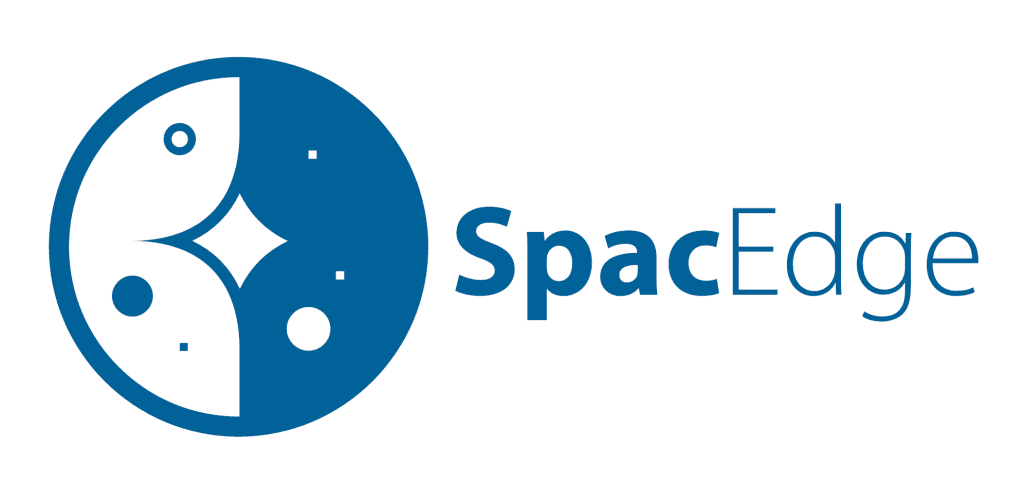Education
At the National Space Society At the National Space Society
We at National Space Society believe space with its infinite resources holds the key to the future of life on Earth. The National Space Society therefore provides many educational opportunities to advance the careers of space-interested students from around the world. Our educational competitions, lessons, activities, and programs span grades K-12, university, and post-doctoral age levels. We engage teachers, students and the community in learning programs that use space science and space themes as we work to inspire the next generation of space leaders.

NSS Space Settlement Contest

International Space Settlement Design Competition
This annual contest puts high school students in the shoes of aerospace industry engineers designing a city in space that will house over 10,000 people. Student engineers demonstrate creativity, technical competence, management skills, environmental knowledge, space, teamwork, and presentation techniques to conquer the problems inherent in siting and designing a Space Settlement (Space Colony).

spUN (Space Policy and UNiversalization) Student Debates
The National Space Society’s SpacEdge Education will be hosting debate tournaments to be held at The International Space Development Conferences. These spUN (Space Policy and UNiversalization) debates will be offered at the following levels: middle school/high school, college/university, and professional. The spUN Debates offer people around the globe an opportunity to contemplate the policies that will make their mark in space settlement. The development of space policy, the players, the representation of an inclusion of people, the military aspect, and the implications of space policy and development on the governance of Earth are topics that are under consideration for the ISDC spUN Debates.

SpacEdge Academy
The SpacEdge Academy offers lessons, projects, and activities for K-12 students and teachers to guide them in experiment design and space related educational opportunities. Through their own discoveries, students will be drawn into the exciting adventure of space exploration and discovery. Web-based technologies that tie into social networking, interactive learning, and teacher professional development programs are used in the SpacEdge Academy online learning network.

SpacEdge Centers for Excellence
Through the SpacEdge Centers for Excellence, NSS connects leaders from the space industry and universities in a cutting-edge space-related STEAM field with university and post-graduate students interested in that area. The space industry professionals, professors, and leaders sponsor an on-line environment that promotes networking and collaboration through a Cybrary (cyber library) of vetted research for students to pique their interest, as well as areas for mentoring, networking, and Q & A, and an IDEA space. The SpacEdge Centers for Excellence may also hold annual student competitions based on the focus areas. Past and current competitions include:
- Aerospace Additive Manufacturing
- Orbital Debris Mitigation and Remediation
- Space Policy and Good Governance
- Space Solar Power






